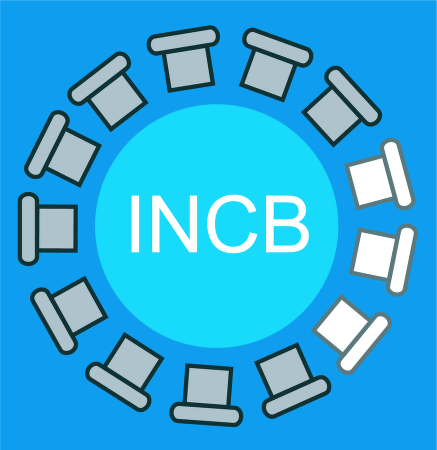7 April 2018
VIENNA, 7 April (UN Information Service) – On the occasion of World Health Day, the International Narcotics Control Board calls on Governments to increase the availability and accessibility of services for the treatment and rehabilitation of drug use disorders.
As parties to the international drug control conventions, Governments are required to take all practicable measures for the prevention, treatment, rehabilitation and social reintegration of people affected by drug dependence.
 b
b
Respecting the rights of people affected by drug use disorders to have access to health and treatment services will contribute to reducing the stigma and discrimination associated with those disorders. It can also help break the vicious cycle of addiction and suffering seen when some people affected by drug use disorders resort to criminal acts to support their drug use.
Investing in treatment also saves Governments money. The financial cost of providing treatment is much lower than the costs resulting from drug-related disorders, such as unemployment, productivity loss, increased crime and morbidity, as well as drug-related disability and deaths.
Despite the clear benefits of treatment and rehabilitation services, there is a significant gap in their availability. Globally, only one out of six people in need of drug dependence treatment has access to treatment programmes.
In the thematic chapter of the 2017 INCB Annual Report on treatment, rehabilitation and social reintegration for drug use disorders, INCB made a series of recommendations to Governments aimed at improving the availability, accessibility and quality of treatment and rehabilitation services.
On World Health Day 2018, INCB calls for drug dependence prevention and treatment for all.
The Vienna-based Board is an independent body, established by the 1961 Single Convention on Narcotic Drugs, mandated to monitor and support governments’ compliance with the three international drug control treaties. Its 13 members are elected by the Economic and Social Council to serve in their individual capacities for a term of five years.
